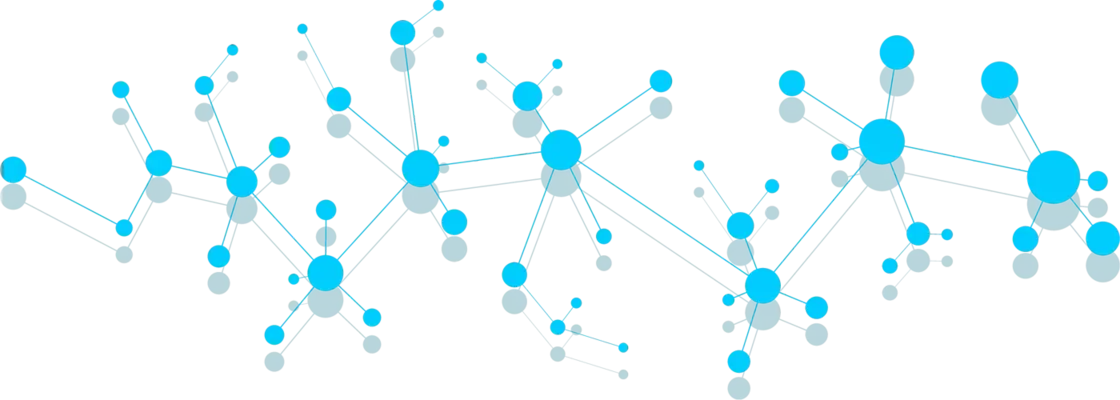Is Prostate cancer curable? This is the main question that preoccupies our patients and their families after being diagnosed. The answer isn’t always simple since it depends on the stage and differentiation of the tumor cells but if diagnosed early the prognosis of prostate cancer is very good!
The prostate is a walnut sized gland between the bladder and penis that produces a fluid that nourishes and aids in sperm transportation.
Prostate cancer
Prostate cancer is a type of cancer that grows slowly and is usually stays within the prostate’s borders but there are some more aggressive forms. Prostate cancer can cause symptoms like Erectile dysfunction, difficult urination, fatigue, unexplainable weight loss, blood in urine or semen and bone aches. At Bedaya Hospital, we offer different prostate cancer treatment methods tailored for each patient's case, hormonal therapy, radiotherapy, cryosurgery, immunotherapy, chemotherapy and excisional surgeries if necessary. There are many cases of prostate cancer that have been successfully treated with an excellent prognosis.
Is prostate cancer curable?
Cancer of the prostate can be cured by different methods, but doctors need to determine the type and the staging of the cancer to determine the method. There are four stages of this type of cancer, The earlier the cancer is detected, the easier and faster the treatment journey and the better the prognosis.
Stage I of prostate cancer: Cancer is loculated and hasn’t spread outside of the prostate gland but can’t be felt during a physical examination.
Stage II of prostate cancer: The tumor is still only in the prostate but could be felt during the physical examination.
Stage III of prostate cancer: In this stage the cells are no longer well differentiated and grows outside the prostate gland.
Stage IV of prostate cancer: The cancer has spread to lymph nodes or other parts of the body.
Is prostate cancer curable? In stage I and II it most definitely is Stage III usually is and Stage IV mostly depends on where to it has spread.
Prostate cancer treatment
Hormone therapy
Hormone therapy depends on stopping the testicular production of testosterone. Cancer of the prostate depends for a great on testosterone for its growth. Inhibiting testosterone levels therefore limit the tumor’s growth, these medications are known as anti-androgens and LHRH agonists. Sometimes the testicles are removed in addition to the hormone therapy due to it being the main site of testosterone production.
Radiation therapy
Radiation therapy is done by focusing intense proton rays on the patient's cancer sites while lying down This is usually done 4 to 5 days a week for a duration of 5-8 weeks. This type of treatment is used if the cancer has not spread beyond the gland. In some cases, doctors use it after excision surgery to destroy possible remaining cancer cells to decrease recurrence rates.
If cancer has spread to other organs such as the bladder or bones, doctors use radiation therapy to slow the growth of cancer cells and limit their spread. It is also one of the methods to relieve symptoms and pain.
Prostate cancer surgery
Surgery is another solution to cure cancer. Prostate cancer surgery is used in late cases of cancer. The entire gland is removed if the cancer is confined to the gland only.
Chemotherapy
Chemotherapy is one of the alternatives considered when the patient does not respond to hormonal therapy, and in the case of cancer spreading to the rest of the body. Chemotherapy is taken intravenously or in a form of a pill orally.
Immunotherapy
Immunotherapy is one of the treatment methods that depend on strengthening the immune system and preparing it to fight cancer cells in advanced cases. Cancer cells are usually hidden from the immune system by a protein coat so that the immune cells do not attack and kill them. Immunotherapy works by withdrawing immune cells from the patient, genetically engineering them in the laboratory, and re-injecting them again. Some medicines strengthen the immune system and make it ready to kill the rapidly spreading cancer cells. These immunological methods are used when the body does not respond to hormonal therapy and are still somewhat experimental.
Prostate cancer natural treatment
After having been diagnosed with prostate cancer it is important to follow your doctor’s instructions.
There are several natural things you can do, not to treat prostate cancer but to improve your general health, prognosis and help with remission.
- Products containing Isoflavones are known for their anti-inflammatory properties and are found in soy, beans, chickpeas and lentils.
- Omega-3 fatty acids generally which are found in fish and seafood, flaxseeds, walnuts
- Lycopene has in several studies shown to decrease the risk of several cancers in the prostate, lung and gastrointestinal tract.
Prostate Cancer Prevention
Age is a prominent prostate cancer risk factor for men! Men over 60 become more susceptible to prostate problems and they must follow a healthy lifestyle to avoid its appearance. There are factors such as smoking, excessive sugar intake, and being overweight, which contribute to different types of cancer. There are several ways for prostate cancer prevention, including:
- Commitment to periodic examinations and tests for older men.
- Follow a healthy diet free of sugars that cause an insulin spike and try to maintain a healthy Body Mass Index (BMI)
- Stay away from stress which cause an imbalance in cortisol hormones, and thus an imbalance in androgens, which are male hormones.
- Practicing sports and make sure to daily do light exercises like walking.
- Avoid smoking,
- Get sufficient sleep






